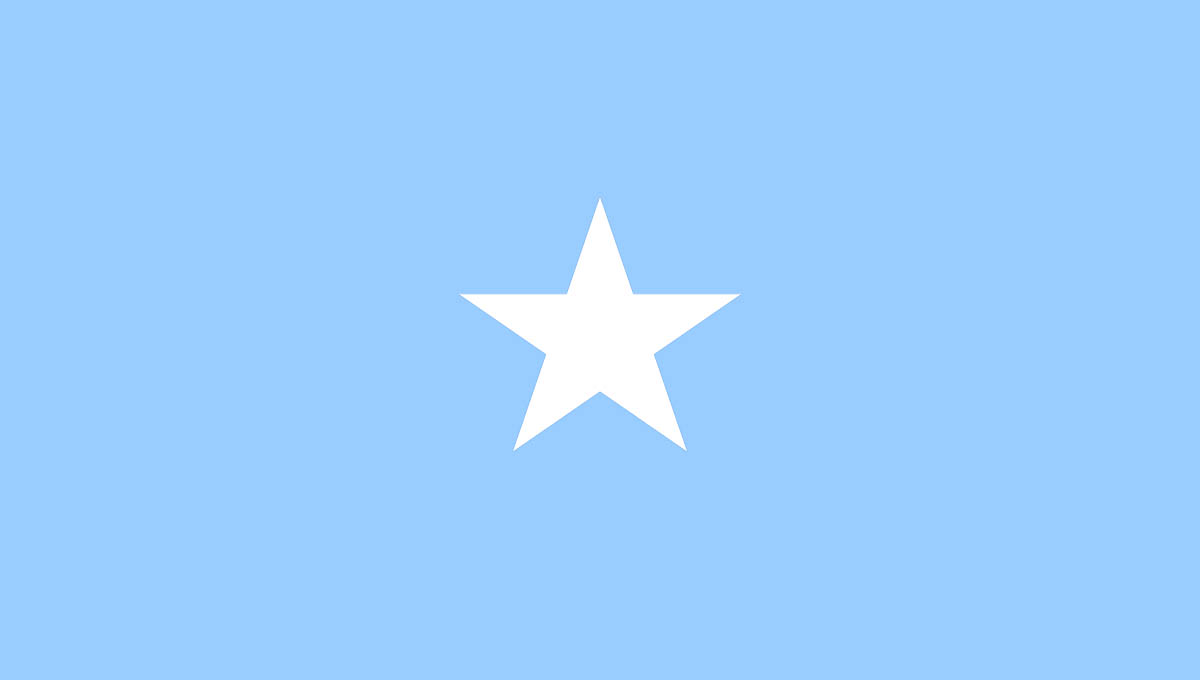There is no doubt Covid-19 have altered virtually every aspect of the way we learn, work,…

There is no doubt Covid-19 have altered virtually every aspect of the way we learn, work, trade, socialize, and access public and private services and information. This altered landscape witnessed an acceleration of technology adoption never before seen in the developed world.
The discussion in the developed and developing world is how to innovate fast enough by taking advantage of their existing digital infrastructure. In poor Somalia there is not even a discussion of digital adoption, because the critical components of digital economy were not there to begin with. To show the magnitude of what we here in Somalia are facing, let us look five major components of digital economy one by one:
Infrastructure: The digital infrastructure such as affordable broadband internet connectivity, data centers and regulated telecom service providers that would have provided the means for people, businesses, and government to get online is not there.
Skilled Information Technology Labor: Due to the long civil war and state failure, the IT workforce with skills needed to build critical digital economy is absent. The basic digital literacy and the means to acquire is yet to be developed.
Digital Platforms: The digital platforms that people interact in the advanced world that are taken for granted be it social media (Facebook, WhatsApp and others), knowledge platforms (Wikipedia, StackOverflow, Quora, and Yahoo! Answers), media sharing (Youtube and TikTok), and service-oriented platforms (Uber, Airbnb, and GrubHub) are out of reach due to the poor digital infrastructure we have mentioned earlier.
Fintech Financial Services: There are very successful local fintech companies that provide an easy means to pay services and products. However, in terms of getting loans, borrowing and building credit histories is very much non-existent. Also, for the government does not have the digital means to get tax payments.
Digital Entrepreneurship: Digital entrepreneurship requires four ingredients digital knowledge, digital infrastructure, access to capital and government regulations that foster innovation. All of these factors are in short supply. Even when Somali expats with the relevant skills and knowledge to innovate come from the western world, the lack of digital infrastructure and access to capital is what eventually cripples their well-intended ventures.
If you walk in Mogadishu and talk to the young generation and business community you will realize the digital gap made bare by Covid-19 has resulted an economic destruction and catastrophic unemployment. Let us face it, the digital economic gap between haves and have-nots is real as the case of Somalia clearly demonstrates. As a result, Somalia is on precipice of financial ruin.
By Ali Osman ccusmaan@gmail.com
Horseed Media








what a morainic article. the writer has no clue what he is talking about. is this copy and paste. there is no lack of digital platform that people interact in Somalia, we may have too much access of that. Most young people do not need a more connectivity of different platform to communicate, but they need to get off their smartphone, laptop or computers and do real work.